“How can I help the team perform at their best?
Does this sound familiar?
You’re part of a solid team. Everyone has great skills. They are all passionate about their craft.
You use agile, or scrum, or kanban. You use modern tools and frameworks.
Everyone’s working hard, putting in the long hours.
Yet… something’s missing.
The team is good, but something’s getting in the way of being great.
Other teams have it *nailed*.
The industry is filled with success stories about great software teams.
Teams that deliver amazing things with very few people, under incredible pressures.
Teams that collaborate, cover for each other and are focused on delivering innovative products together.
Where no one says, “that’s not my job”.
This is a hands-on workshop that will leave you with practical ideas and solutions for improving how you and your team work together.
You’ll participate in engineering simulations that will challenge you and create “sticky” lessons that you’ll internalize and take back to your team.
Whose job is “teamwork”?
Remember how excited you were when you first heard about agile? The manifesto states that “The best architectures, requirements, and designs emerge from self-organizing teams.”
The scrum framework adds to that idea by stating, “Self-organizing teams choose how best to accomplish their work, rather than being directed by others outside the team.”
Teamwork is everyone’s job. Period.
That’s the promise, power, and joy of agile.
Each team member must learn to build an environment where everyone can contribute.
Technical Leadership Workshop
Day 1, Afternoon
Navigating Change and Learning
Day 2, Morning
Improving Observation Skills
Day 2, Afternoon
Building a Productive Team Environment
Day 3, Morning
Improving Communication about Requirements and Design
Day 3, Afternoon
Improving Communications Between Silos
Day 1
Registration
Navigating Change and Learning
- Learn the difference between leading and managing
- Learn how to build teams who learn with the Piaget learning cycle
- Understand why change is hard, and how to help your team navigate it
Day 2
Debrief and Breakfast (provided by us)
Improving Observation Skills
- Learn the leadership approach you use most, and how to begin using other approaches
- Observe yourself more clearly, and understand your impact on your team
- Practice with new leadership approaches
- Learn the ORID debrief model of structured reflection to help your team learn
Lunch (provided by us)
Building a Productive Team Environment
- Learn the MOI(J) model of leadership
- Put your team’s ideas into practice in the real-world
- Hone your observation and feedback skills
- Improve your retrospective and structured debriefing skills
Day 3
Registration & Breakfast (provided by us)
Improve Communication about Requirements and Design
- Observe the impact of time pressure on technical communications
- Improve communication about complex technical tasks
- Understand the cost of assimilating new members into a team
- Identify areas of improvement for your team’s communication practice
Lunch (provided by us)
Removing Silos and Low-Bandwidth Communication
- Improve communication with remote engineers
- Understand the role of conversation in communication
- Observe the effects of silos on team motivation
- Observe the effects of Management by Walking Around
- Build proficiency in leading through asking, rather than telling
Next Workshop Dates
Medford, Oregon
April 24-26, 2019
(Each workshop is limited to 26 participants. No exceptions.)
Prices
Early Bird: $3,000 /seat (until March 31, 2019)
All Other Birds: $3,500 /seat (until April 20, 2019)
Registration closes April 21, 2019.
Our “You Gotta Love It” Guarantee
All our workshops offer “You Gotta Love It” 100% money back guarantee. If you attend and feel the workshop was a waste of your money and time, we will issue a full refund, no questions asked. If you’re not happy, we don’t get paid. It’s as simple as that.
What Past Attendees Have Said
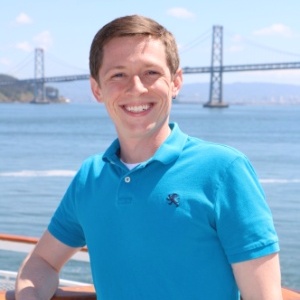 I highly recommend this workshop. The exercises were simple and fun, yet challenging. The deeper experience, however, was the debriefings following each exercise, which provided ample opportunity for deep thinking about how we approach team dynamics, leadership, and communication.
I highly recommend this workshop. The exercises were simple and fun, yet challenging. The deeper experience, however, was the debriefings following each exercise, which provided ample opportunity for deep thinking about how we approach team dynamics, leadership, and communication.
— Tim Johnson, IT Manager
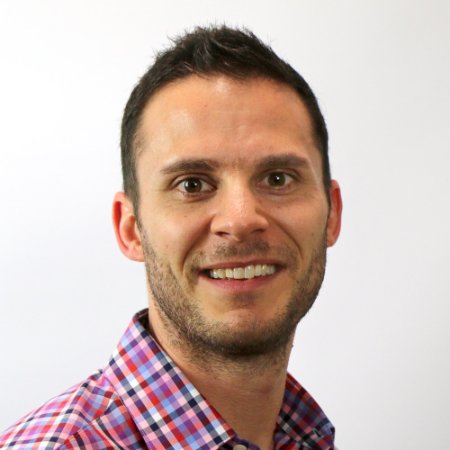
The training was expensive, but was it worth the expense? Absolutely. The techniques, practices, and methods devised to place us in a hands-on learning environment were amazing.
They created a healthy environment for us to learn. The most helpful thing for me was to practice observing myself. This is truly the fundamental starting point for change.
— Michael Alotti, Software Development Manager
![]()
I require every new manager that reports to me to sign up for Marcus’s newsletter and often discuss it in staff meetings. Leadership with a capital “L” is a real part of the discipline I now bring to the coaching experience with my team.
I continue to work one-on-one with Marcus to this day, and I hope I will always be able to lean on him and dialog about challenges.
He is worth way more than you can ever pay him.
— Andrew Coven, Senior Director of Platform Engineering, Box.com
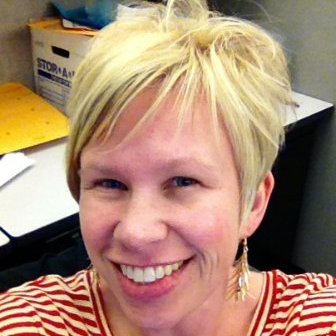
I wouldn’t have come if my company hadn’t paid for it, but it turned out to be an amazing workshop!
I feel it would be really helpful for teams to go through the activities together, to surface issues that they may be encountering in real life.
I will be recommending this to my company!!
— Denise Frey, Software Team Lead
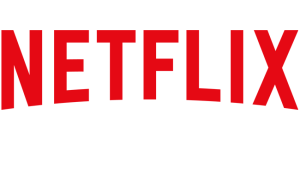


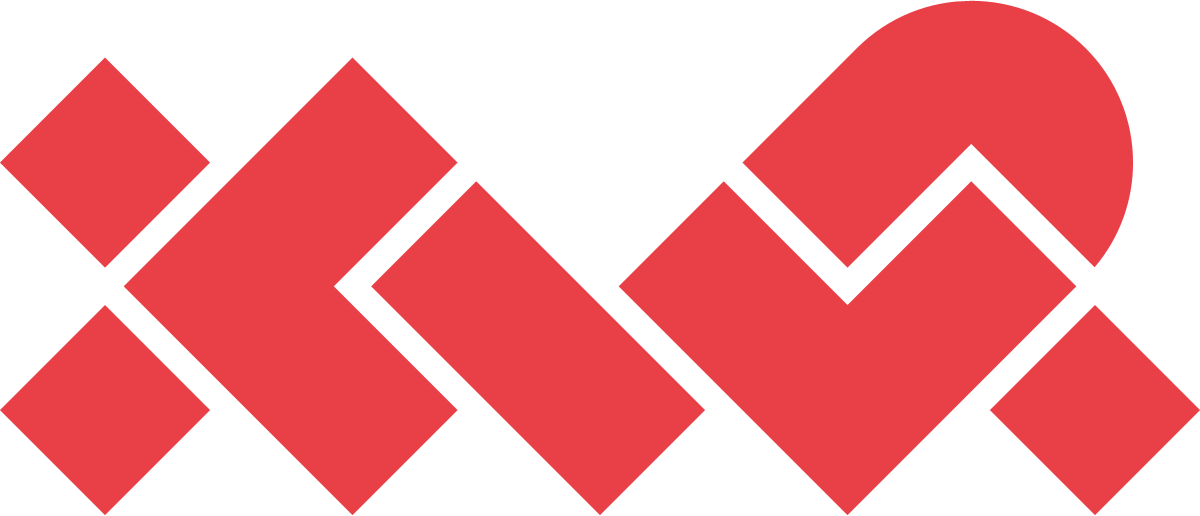


Amenities Provided

Breakfast, lunch, and snacks are provided each day.

Vegan/vegetarian options provided.

No-host dinner each night where we can discuss what we learned.

Journals, pens and a copy of Becoming a Technical Leader are provided to each participant.
Sounds good, but…
I’m too busy to put something new into practice.
It might seem like you’re too busy to take another class, another training, or implement another practice, but that’s short-sighted. It’s not difficult to imagine how busy you will be if your team can’t deliver on time. If you’re already “too busy,” then building a high-performance environment should be one of your most important initiatives.
This seems expensive
Compared to what? Take a moment and measure the cost of poor motivation and turnover…
- Wasting days (or weeks) on petty conflicts
- Politics and “not my job” excuses
- Late, incomplete or poor quality software products
- Losing the confidence of your customers, users, and boss
- Late nights spent playing “parent” to developers who can’t get along
- Skyrocketing training cost due to high turnover
The back of the napkin calculations shows that if your team ships only 10% more software this year, you’ll save 10x – 50x the cost of this training.
I’ll be unable to put these ideas into practice where I work.
Nah! If you can learn to code (a completely foreign thing to humans!), then you can learn to build a productive work environment. This isn’t rocket science, and like any skill, it can be learned with a bit of practice.
How do I know you are qualified to teach this?
I’ve been hiring and leading software teams for 16 years at global enterprises, start-ups and my own software company. I’ve helped hundreds of managers retain their most valuable employees and become the leaders their team deserves.
I don’t have the authority to make changes needed to keep my developers happy.
Your boss doesn’t want to see turnover either, so they’re also motivated to keep the best people happy and productive. We’ll explore how you can work with upper management to create the kind of environment your people need to be happy and productive.
The best developers know what they are worth, and are always looking for their next job.
This isn’t true. Everyone finds changing jobs stressful, and developers only do it when they don’t believe their current job will meet their career and emotional goals. They might tell you it’s about money, but it rarely is.
If they are leaving, it’s because they want a more productive environment. This is what motivates them.
I don’t have 2.5 days to devote to this/my boss won’t give me the time off
The reason you don’t have any time is because you’re probably trying to do too much, and everyone depends on you. That’s exactly why you need this workshop. You need a team that is motivated without you standing over them and an environment where they can be productive without you. This workshop is an investment that will actually create more time in your life.
I’d love to do it but I don’t have the money (or my boss won’t pay for it!)
This workshop is positively cheap compared to the hidden costs of developer turn-over, recruiter fees, stress-related medical bills, delayed projects, reduced market share, and decline in confidence from your users/investor/boss. If it feels like you’re barely keeping your head above water, then you know others are watching you thrash around. Your reputation, and the reputation of your team, depend on you learning these skills.
What if this is a waste of money?
Our You Gotta Love It guarantee means your money is not at risk. If you attend and don’t love it, just ask for a full refund. We’ll honor it, no questions asked.
We’re different, just like you.
Our goal is to revolutionize the world of work for engineers and those who lead them. We believe that every engineer deserves a good boss, and that any engineer can become one. We stand apart from those who preach that “Leaders are born, not made”, proudly helping great coders become great leaders.
When you sign-up you will meet us, Marcus and Amy. We aren’t a large corporate team with an army of drone trainers. We’re a small, Oregon based team, and we do 100% of the training ourselves. We create and test our own curriculum. We live and breathe this stuff, and it shows.
Who are we?
![]()
Marcus Blankenship
Marcus has worked as a Software Engineer, Architect, Team Lead, Software Manager, Consultancy Owner, College Instructor, Leadership Coach and Business Coach. He specializes in helping Technical Managers and Leaders create high-performing organizations.
His book, Habits That Ruin Your Technical Team is now available. He is currently pursuing an I/O Psychology Degree (Leadership Specialization) from Penn State and lives in Eastern Oregon.
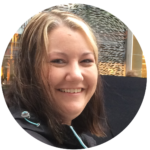
Amy Blankenship, RN, BSN, MSN-Ed
Amy has worked as a Nursing Instructor at Oregon Health Sciences University, specializing in clinical simulations and interprofessional instruction. She has also worked as a post-surgical nurse, hospice nurse, and a hospice clinical manager.
She currently serves as an Executive Board Member of Klamath Hospice, on the Oregon State Board of Nursing Curriculum Council, and as a leadership mentor for the Oregon Nurses Association. She will enter a Ph.D. program in 2018 and also lives in Eastern Oregon.
Questions?
Got questions? Not sure if this is right for you? Want to know our approach to a topic? Email us at marcus@marcusblankenship.com and we’ll get right back to you.
You snooze, you lose.
This unique, hands-on workshop is held in small venues where we constantly interact alongside participants during the workshop.
We limit each workshop to only 26 participants to ensure everyone has the best experience possible. These workshops fill up fast, so register today.